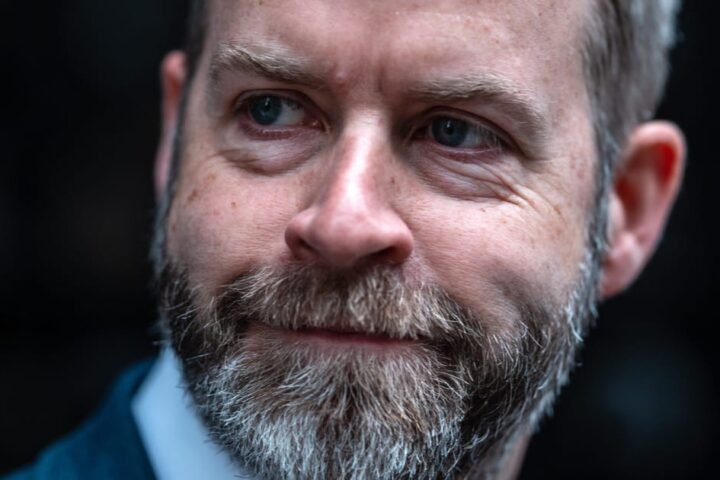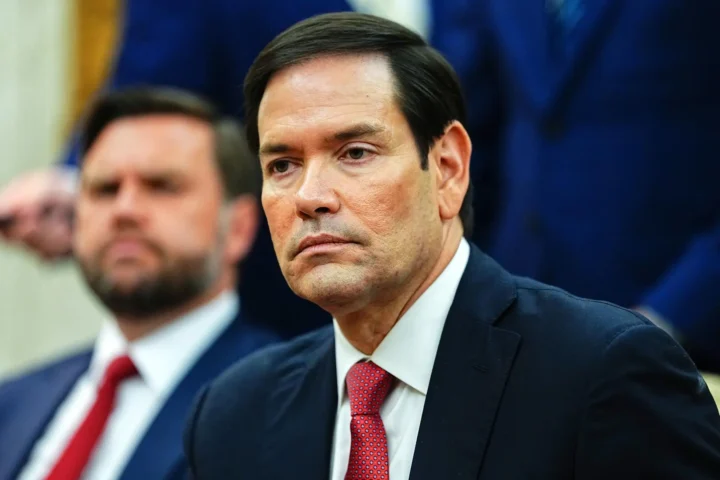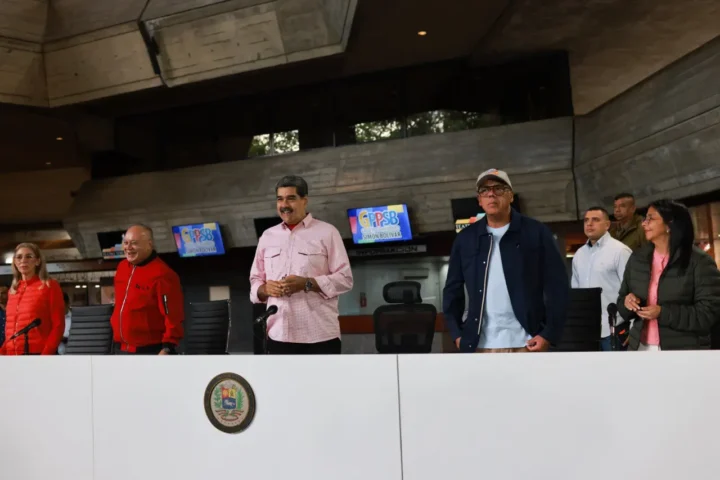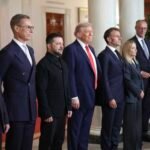Mass arrests in Belgrade amid nationwide unrest as anti-government rallies take on geopolitical tone
The European Union has urged Serbian authorities to refrain from violence against protesters, as mass anti-government demonstrations intensified across the country this week, culminating in clashes with police and a deepening political crisis.
Protesters are calling for early parliamentary elections and an end to President Aleksandar Vucic’s more than decade-long grip on power. Thousands have taken to the streets since last month, erecting barricades, blocking roads and bridges, and facing off with security forces in several cities. Over 100 demonstrators were arrested in Belgrade alone this week.
The unrest, which initially began over local issues and corruption allegations following a deadly construction accident in Novi Sad, has rapidly evolved into a full-scale political movement. Protesters are now demanding systemic reforms and questioning Serbia’s geopolitical trajectory between the EU and Russia.
EU calls for restraint, Belgrade blames “foreign interference”
The EU delegation in Serbia released a statement on Wednesday, urging authorities “to act proportionally, avoid excessive force, and respect the right to peaceful assembly.” The call follows scenes of aggressive police crackdowns that have drawn condemnation from rights groups and opposition leaders.
President Vucic, meanwhile, has dismissed the protests as externally orchestrated, accusing unnamed Western intelligence services of fueling unrest. His rhetoric echoes past claims of “foreign plots” and so-called “color revolutions” — a reference frequently used to delegitimize civic uprisings in the region.
“The protest has nothing to do with democracy,” Vucic claimed in a televised address. “It is an imported agenda, aimed at destabilizing Serbia.”
Such statements have failed to defuse tensions. Many Serbians, especially younger generations, increasingly view Vucic’s government as authoritarian, economically stagnant, and politically adrift.
Protests expose Serbia’s identity crisis between East and West
Though formally a candidate for EU membership, Serbia under Vucic has made little tangible progress on European integration. The country remains deeply divided over its geopolitical orientation, with large segments of the population — and parts of the political elite — still maintaining close ties with Moscow.
Analysts warn the current crisis risks taking on a larger strategic dimension. Serbia finds itself at a crossroads: either align more clearly with the EU, or continue balancing between Brussels and the Kremlin — a path that has left reforms paralyzed and foreign policy incoherent.
Recent global events have also prompted some Serbian activists to question the reliability of Russia as an ally. As Moscow failed to back Armenia in Nagorno-Karabakh, or support Syria, Libya, and Iran during recent escalations, voices in Serbia warn that relying on Kremlin support in the event of a crisis may prove futile.
Risk of regional destabilization grows
The escalating protests in Serbia come at a time of fragile stability across the Western Balkans, a region still haunted by the legacy of war and ethnic tensions. Political paralysis in Bosnia and Herzegovina, persistent disputes between Serbia and Kosovo, and governance challenges in Montenegro have left the area vulnerable to external shocks.
If Serbia descends further into unrest, the consequences could ripple across borders. Diplomats and observers fear that any misstep could undermine years of EU efforts to stabilize and integrate the Western Balkans — a region increasingly seen as a geopolitical battleground between Russia and the West.
As Serbian youth drive the protest movement, the question now is not only about elections — but about which future Serbia chooses.







